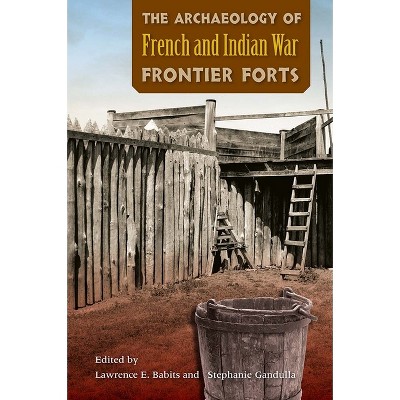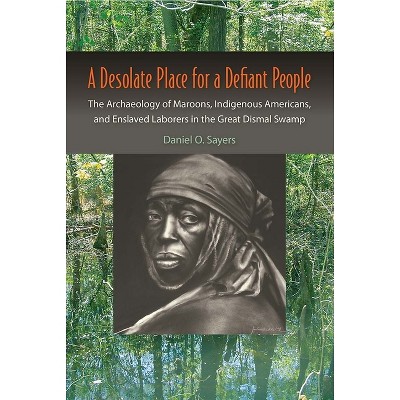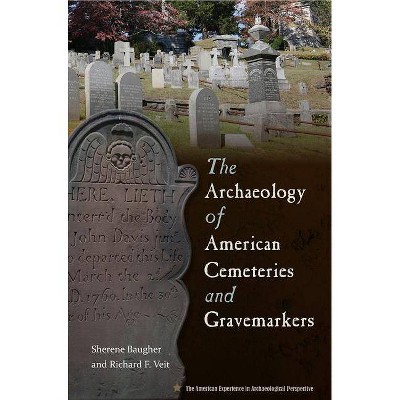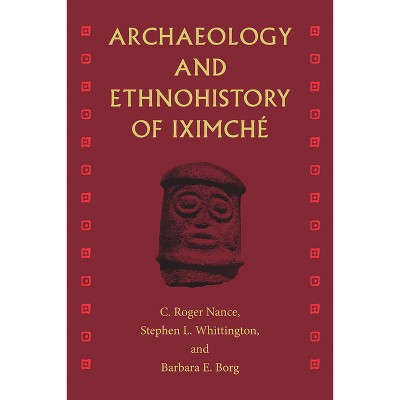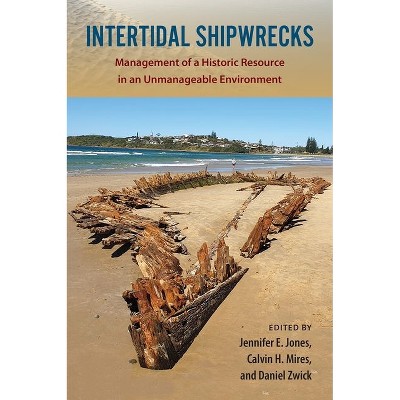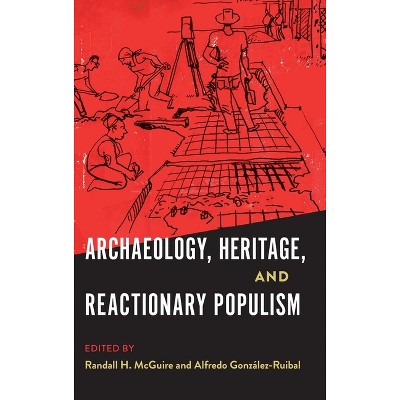Sponsored

The Archaeology of Early Colonial Manila - by Ellen Hsieh (Hardcover)
In Stock
Sponsored
About this item
Highlights
- A view into the diverse culture of the Philippines in the sixteenth and seventeenth centuries Although Manila, capital city of the Philippines, played a critical role in economic and cultural exchanges between the East and the West during the sixteenth and seventeenth centuries, little is known about what life was like for its residents during this time.
- Author(s): Ellen Hsieh
- 222 Pages
- Social Science, Archaeology
Description
About the Book
This book uses archaeological, historical, and ethnographic resources to document the ways Manila was transformed by the arrival of Spanish colonists in 1571 and how the city in turn shaped the modern world.Book Synopsis
A view into the diverse culture of the Philippines in the sixteenth and seventeenth centuries
Although Manila, capital city of the
Philippines, played a critical role in economic and cultural exchanges
between the East and the West during the sixteenth and seventeenth
centuries, little is known about what life was like for its residents
during this time. In this book, Ellen Hsieh uses archaeological,
historical, and ethnographic resources to document the ways Manila was
transformed by the arrival of Spanish colonists in 1571 and how the city
in turn shaped the modern world.
Manila was uniquely
positioned as a crossroads in the networks of Southeast Asia, East Asia,
and Iberia, resulting in a hybridized culture where colonial Spanish,
Indigenous Tagalog, and overseas Chinese groups exchanged goods and
ideas. In The Archaeology of Early Colonial Manila, Hsieh
analyzes material goods such as ceramics from Intramuros (the Spanish
walled city) and Parian (the Chinese quarter) and illustrations from the
Boxer Codex--a Spanish manuscript featuring images of people in the
Philippines and surrounding areas--to illuminate the diversity of Manila
society and to unravel the intricate power dynamics among these ethnic
groups.
Bridging the gap in research between pre-Spanish
and late colonial periods and amplifying the voices of non-elite,
diasporic, and colonized communities often overlooked in historical
documents, Hsieh provides an important focus on Manila's contributions
to world history during a period of intense globalization.






